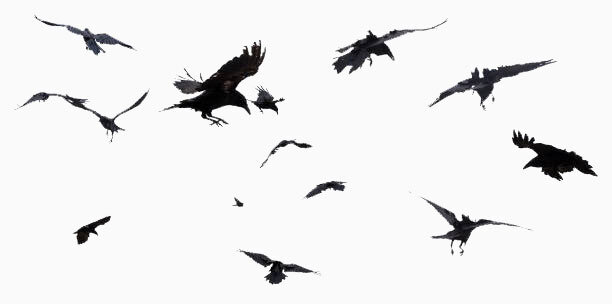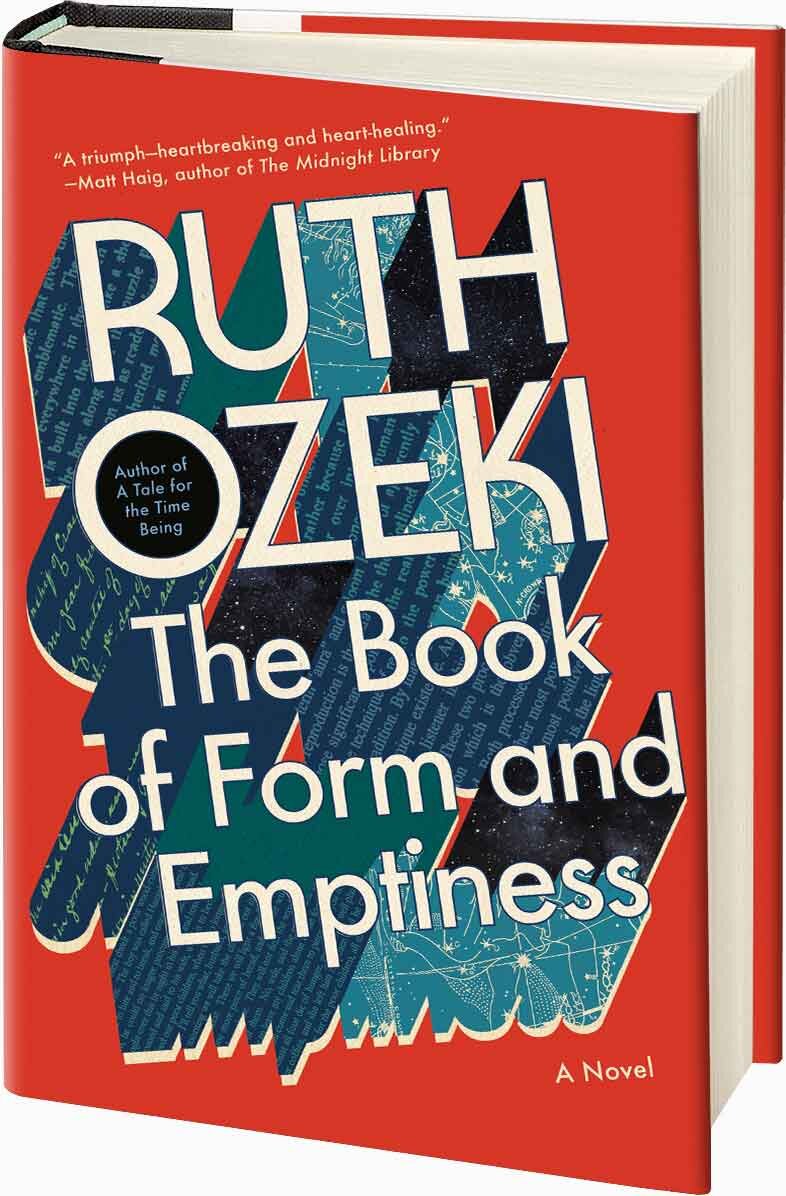The Book of Form and Emptiness
By Ruth Ozeki
Winner of the Women’s Prize for Fiction 2022
From the Booker Prize-shortlisted author of A Tale for the Time Being, a brilliantly inventive new novel about loss, growing up and our relationship with things.
In the beginning
A book must start somewhere. One brave letter must volunteer to go first, laying itself on the line in an act of faith, from which a word takes heart and follows, drawing a sentence into its wake…
After the death of his father, thirteen-year-old Benny Oh begins to hear voices, voices that belong to the things in his house — a sneaker, a broken Christmas ornament, a piece of wilted lettuce.
Benny doesn’t understand what the things are saying, but he senses their emotional tone; some are pleasant, a gentle hum or coo, others are snide or angry and full of pain.
When his mother, Annabelle, develops a hoarding problem, the voices grow more clamorous. Seeking refuge in the silence of a large public library, where objects are well-behaved and know to speak in whispers, Benny discovers a strange new world.
He learns to ask important questions and is challenged to find his own voice amongst the many.
In Hardcover, Paperback, E-Book & Audio
AVAILABLE NOW
With its blend of sympathetic characters, riveting plot, and vibrant engagement with everything from jazz, to climate change, to our attachment to material possessions, The Book of Form and Emptiness is classic Ruth Ozeki — bold, wise, poignant, playful, humane and heartbreaking.
WINNER OF THE WOMEN’S PRIZE FOR FICTION
Winner of the BC and Yukon Book Prize
Winner of the MASSACHUSETTS BOOK AWARD
Winner OF THE JULIA WARD HOWE PRIZE FOR FICTION, boston authors club
“This compassionate novel of life, love and loss glows in the dark. Its strange, beautiful pages turn themselves. If you’ve lost your way with fiction over the last year or two, let The Book of Form and Emptiness light your way home.”
“Once again, Ozeki has created a masterpiece. Her generous heart, remarkable imagination, and brilliant mind light up every page. ”
“Heart-breaking and heart-healing — a book to not only keep us absorbed but also to help us think and love and live and listen. No one writes quite like Ruth Ozeki and The Book of Form and Emptiness is a triumph.”
“This is both an extremely vivid picture of a small family enduring unimaginable loss, and a very powerful meditation on the way books can contain the chaos of the world and give it meaning and order. Annabelle and Benny Oh try to stay afloat in a sea of things, news, substances, technological soullessness, and psychiatric quagmires, and the way they learn to live and breathe and even swim through it all feels like the struggle we all face. The Book of Form and Emptiness builds on the themes of A Tale for the Time Being, and ratifies Ozeki as one of our era’s most compassionate and original minds.”
“Ozeki has done it again. This time she crosses into new dimensions, breathing life into pages, enticing us into an intimate world. Richly imagined, gorgeously executed, The Book of Form and Emptiness is a remarkable book.”
UK EDITION: September 23
About Ruth
Ruth Ozeki is a novelist, filmmaker, and Zen Buddhist priest. She is the award-winning author of three novels, My Year of Meats, All Over Creation, and A Tale for the Time Being, which was a finalist for the 2013 Booker Prize and has been translated into 28 languages.
Her nonfiction work includes a memoir, The Face: A Time Code, and the documentary film, Halving the Bones.
She is affiliated with the Everyday Zen Foundation and and lives in Western Massachusetts, where she teaches creative writing at Smith College and is the Grace Jarcho Ross 1933 Professor of Humanities.










